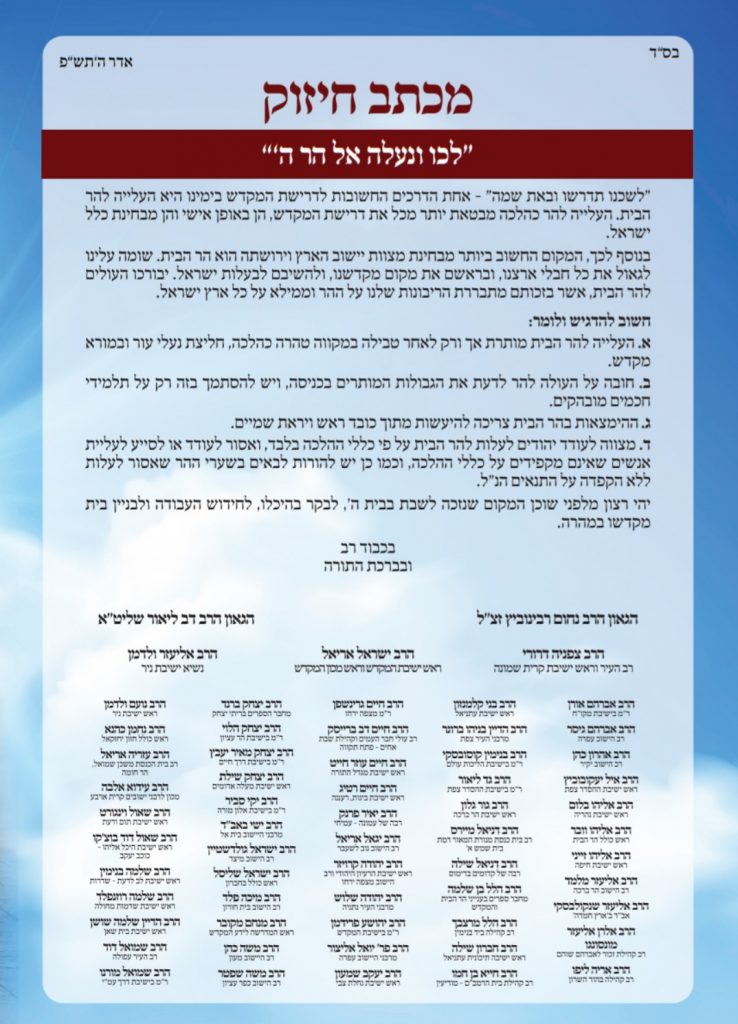Do not admire them. It is forbidden to admire a non-Jew, including admiring his (or her) appearance, his actions or his statements. If, however, the intent is to praise Hashem who created such an admirable person, it is permitted{9}. It is also permitted to praise a non-Jew’s accomplishment in the sciences or arts, etc. {10} Similarly, honoring a non-Jew in appreciation of past favors he has done for the Jewish community is permitted. Honoring a non-Jew for the purpose of raising funds for a Jewish institution should be avoided, but is permitted when it is halachically determined that there is no alternative{11}.
It is permitted to visit a non-Jew who is ill, to daven and give charity on his behalf, to eulogize him at his funeral, to assist in his burial and comfort his relatives{12}.
Note: People wonder why some of the halachos derived from Lo Sechaneim are often ignored, as today it has become commonplace to admire or praise non-Jews for their talents, athletic ability or statesmanship. Certainly, this laxity can be partially attributed to the Great American Melting Pot and to the influence of the society and secular media to which we are constantly exposed. Possibly, those who are lax follow the opinion of the Rishonim{13} who maintain that this halachah applies only to non-Jews who are active idol worshippers{14}. Shulchan Aruch, however, does not follow this opinion, and clearly rules that the laws derived from Lo Sechaneim apply to all non-Jews, including Moslems who are not idol worshippers; the only exception would be a non-Jew who became a ger toshav in the times of the Sanhedrin{15}.
Female Rabbis? A Discussion
6/19/21– Show 327 – Female Rabbis – A problem of Halacha, Mesorah or even worse
Is there a problem with giving “semicha” to a woman? Can a woman be a shul or community rabbi? Can a shul with a woman rabbi call itself “orthodox”? What if she’s called Rabbah, Maharat, etc. instead of being called “Rabbi”? What’s the line between what’s acceptable and what’s not? Can a woman pasken shaylos?
***Guest Hosted by Ari Wasserman *** Author of “Making it Work”, “Making it ALL Work” (for women) and 10 other Seforim, Maggid Shiur, Yerushalayim
with Rabbi Yitzchak Breitowitz – Senior Lecturer at Yeshivas Ohr Somayach – 12:38
with Rabbi Mayer Twersky – Rosh Yeshiva, Rabbi Yitzchok Elchanan – 48:00
with Rebbitzen Miriam Kosman – Author, “Circle, Arrow, Spiral: Exploring Gender in Judaism” –1:05:31
with Rabbi Dovid Kaplan – Mashgiach Ruchani, Yeshivas Beis Yisrael – 1:35:35
היום באולמי זויעהל: שיעור בסוגיית התכלת
פרטים מלאים במודעה:
דרישת המקדש – דווקא בהר הבית
מכתב חיזוק “לכו ונעלה אל הר ה'”
מתוך מכתב הרבנים: “לשכנו תדרשו ובאת שמה” – אחת הדרכים החשובות לדרישת המקדש בימינו היא העלייה להר הבית. העלייה להר כהלכה מבטאת יותר מכל את דרישת המקדש, הן באופן אישי והן מבחינת כלל ישראל.
13:59 (10/06/21) מכון בריתי יצחק ● הרב יצחק ברנד

